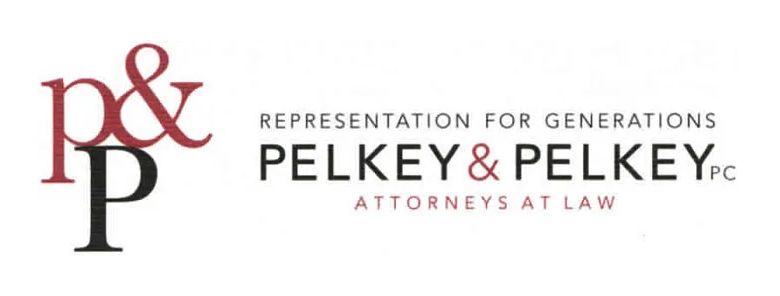Understanding the Difference Between a Power of Attorney & a Health Care Proxy
It’s common to confuse a power of attorney and a health care proxy. While each serves to carry out your wishes, they do so in very specific ways. Understanding their differences will simplify the estate planning process and ensure that everything is in order. The following guide offers a closer look at these two options.
What Is a Power of Attorney?
Assigning a power of attorney gives a person the right to handle your estate when you become incapacitated or are unable to travel and sign documents. This responsibility can include managing your money, buying and selling real estate, and collecting government benefits on your behalf. They can also file and pay personal income taxes, continue making investments and purchase insurance policies that may be helpful to you and your beneficiaries. In the state of New York, the person you appoint will need to sign the power of attorney and acknowledge that they will always act in your best interest.
It is essential to meet with the person before granting these powers so that both of you feel comfortable with your decision. Additionally, it provides an opportunity to discuss the limitations of the role and any plans you have for the future.
What Is a Health Care Proxy?
A health care proxy involves upholding the rights of an individual when they’re no longer able to speak for themselves. For example, the associated responsibilities include selecting available treatment options and pursuing the possibility of more tests. If you reach the point of total incapacitation, someone you trust may have to decide to take you off of life support.
It’s essential to have a face-to-face conversation with the person you wish to appoint, and it's even better if they're someone you know well and trust. After explaining their responsibilities, it's best to ensure that they fully understand their role and are ready to carry out your wishes no matter what happens.
Given the importance of both of these documents, it is absolutely essential that you trust the individual. If you have any concerns whatsoever, chances are you made the wrong choice. We often recommend that you will appoint an alternate so that if your first choice is unavailable, there's a backup readily available.
Ensure the appropriate documents are in place by meeting with Pelkey & Pelkey, P.C. in Greater Rochester, NY. With over 60 years of combined experience, these estate planning attorneys understand the intricacies of naming a power of attorney. They are also proud members of the New York State Bar Association and Monroe County Bar Association and commit to keeping up with the latest developments. Call (585) 544-3440 to schedule a consultation, or visit their website to learn more about their services.






